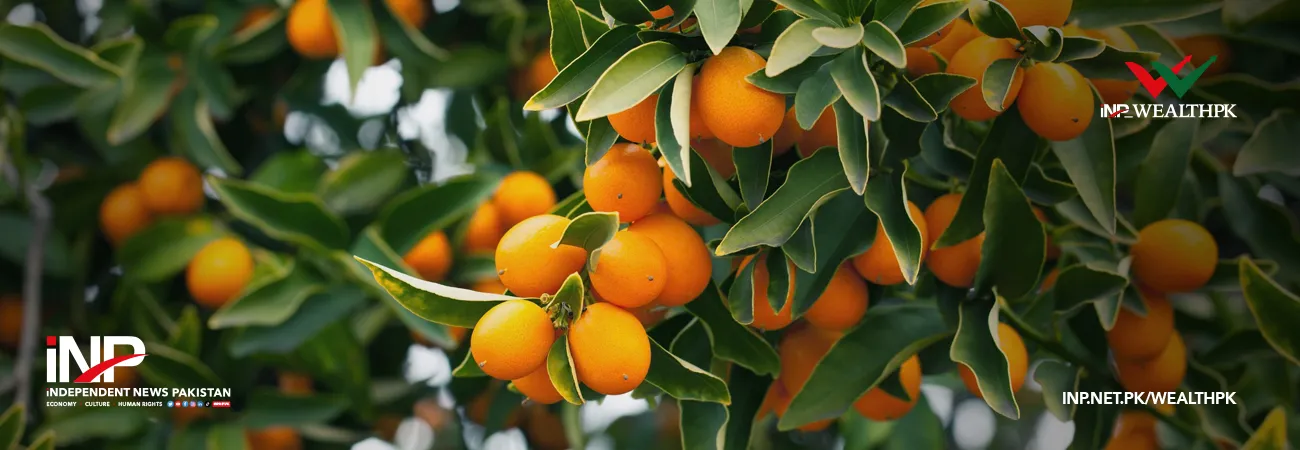INP-WealthPk
Ayesha Saba
Experts assert that Pakistan must transition from its consumption-driven growth model requiring policies that enhance investment, innovation, and export competitiveness. Without these, Pakistan risks persistent economic instability and failure to reach its full growth potential.

Talking to WealthPK, eminent macroeconomist and Deputy Executive Director of the Sustainable Development Policy Institute (SDPI) Sajid Amin Javed said a key challenge associated with Pakistan’s current economic model was its dependence on consumption rather than productive investment. This has resulted in an economic structure where non-tradable sectors such as real estate, wholesale trade, and services receive disproportionate investment, while manufacturing and export-oriented industries struggle to expand.
He argued that Pakistan’s investment-to-GDP ratio remained significantly lower than its regional counterparts, hindering sustained economic progress. This low investment rate has been a key factor in the stagnation of exports, as high consumption and low savings directly contribute to reduced capital investment. He advocated policies that incentivize capital formation in key sectors such as manufacturing, energy, and information technology.
This includes targeted fiscal measures, such as tax incentives for industrial expansion and research and development, to foster innovation and enhance productivity. He noted that while Pakistan made efforts to attract foreign capital, inconsistent policies, regulatory inefficiencies, and security concerns deterred long-term investments. To address these challenges, he recommended policy continuity, enhanced investor protection, and infrastructure improvements to create a business-friendly environment.
Strengthening special economic zones (SEZs) and facilitating public-private partnerships can also catalyze industrial growth and export expansion, he added. Speaking with WealthPK, Hamid Haroon, Policy Advisor Board Federation of Pakistan Chambers of Commerce and Industry (FPCCI), highlighted mounting pressure on the middle class, which was increasingly burdened by the rising inflation and unemployment. He explained, “The current inflationary environment has severely eroded the purchasing power, diminishing real income after adjusting for inflation.”
He emphasized the importance of economic diversification, urging Pakistan to focus on developing emerging industries, particularly in technology and services. These sectors have the potential to create high-paying jobs and attract foreign investment. Additionally, he stressed that Pakistan must reduce its reliance on agriculture and textiles by broadening its industrial base and investing in more dynamic sectors.
Hamid highlighted that the financial sector played a pivotal role in driving investment by efficiently channeling funds from savers to borrowers. To break the cycle of low savings and investment, he stressed the need to expand access to formal banking systems, simplify financial processes, and promote financial literacy. These steps are essential for encouraging households to save and invest, which in turn will support long-term economic growth and stability.
Credit: INP-WealthPk








